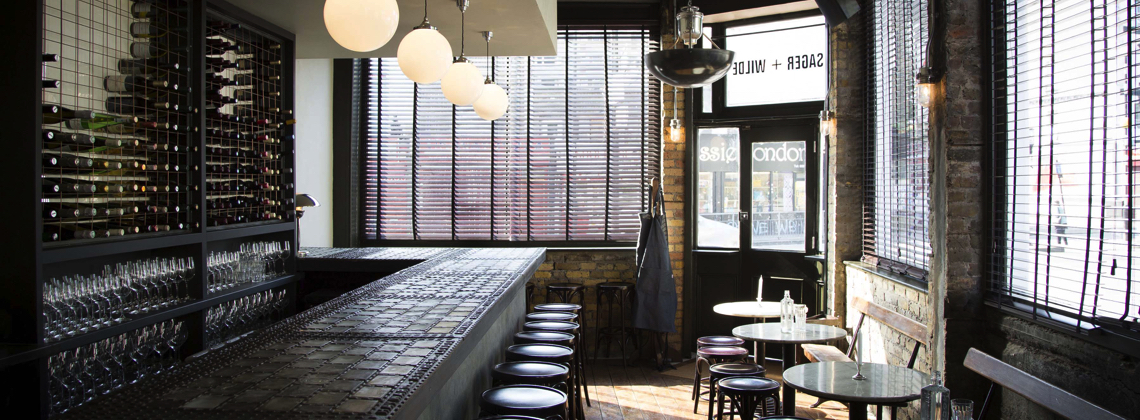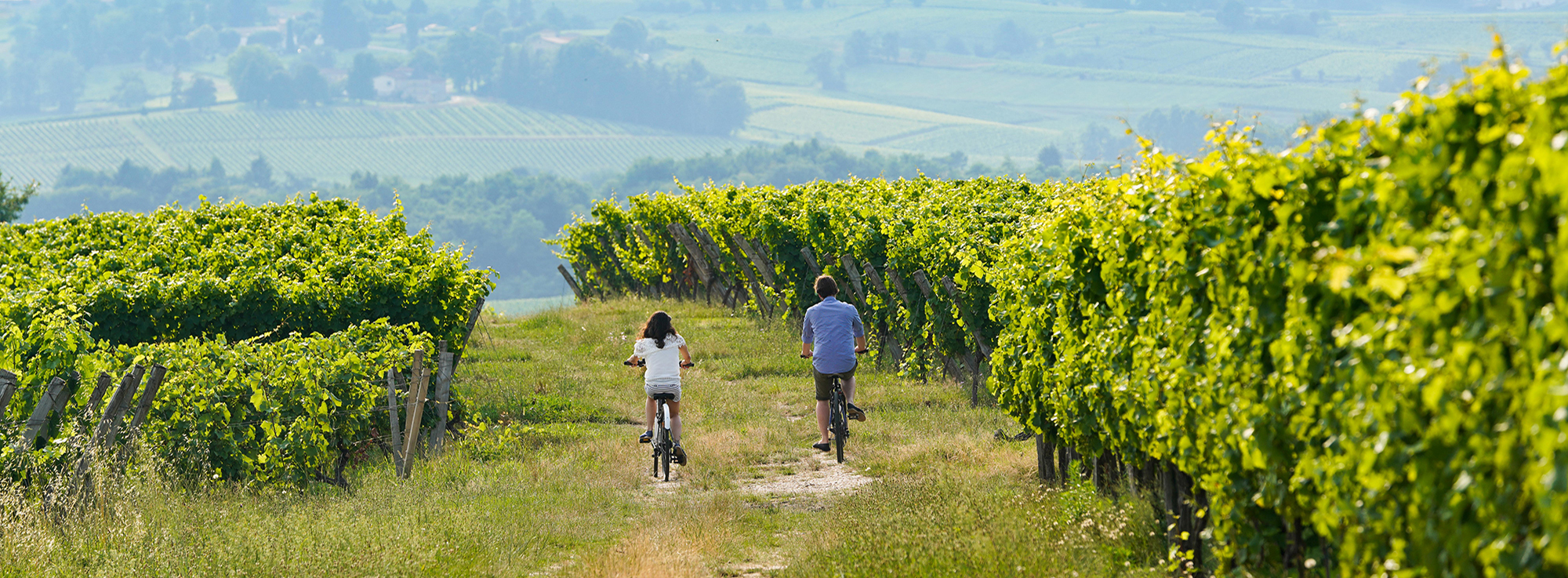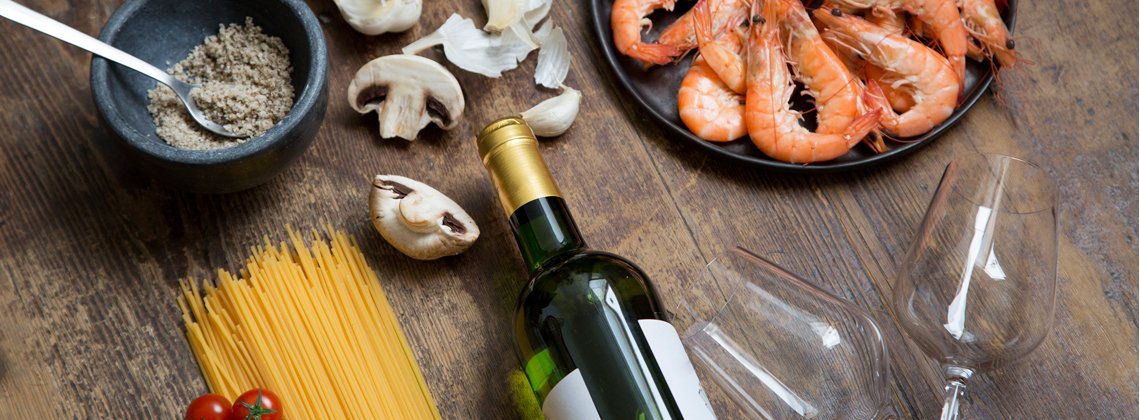Bordeaux, by Royal Appointment by Joe Wadsack
The wines of Bordeaux, and the region itself, in fact, have long been associated with the British monarchy. Aquitaine’s first recognised ruler by the Holy Roman Empire was Charlemagne (Charles the Great) in the 9th century, surely good portent for our new King, a “Carolingian” himself?

It wasn’t long after that, in the annuls of time that our own Plantagenet kings took a more ‘hands on’ approach to the local wine and cuisine. Henry I is said to have died from a “surfeit of lampreys”, a grotesque, prehistoric, jawless fish, full of teeth, that remains to this day, the main ingredient in Bordeaux’s oldest and perhaps most famous dish, Lamproie à la Bordelaise. These horrible, cartilaginous, eel-like fish are marinated in their own blood, then slowly stewed in a mixture of spices, red wine and sweet white, nowadays, specifically Saint Emilion and Sauternes. Yes, I have tried it, and it is incredibly rich with strong, muddy undertones. A rite of passage at best.
England and France then became joint rulers of France for a short time at the end of the Hundred Years War, before France’s first parliament was formed, and by the time that the Tudors appeared, we were buying Bordeaux wines by the shipful, as was demonstrated by the remarkable discovery of the Mary Rose in Portsmouth harbour in the early eighties. Many hundreds of bottles of claret were discovered on board, many with their corks intact. Sadly, on opening, the wine proved to not only to be undrinkable (due to centuries of ingress of salty sea water) but were clearly “clarets” as God intended. The word originally comes from the French word “clairet”, which quite simply means pale, or in other words rosé, as all these bottles proved to be.
So where does that leave King Charles III, and what Bordeaux wines might one think he might like to drink nowadays? It is no secret that our King is extremely interested in food and where it comes from. Sustainability and kind working practices are at the top of his list of priorities too. He is known to ‘mostly’ embrace vegetarianism, and to care greatly about the products produced on his estates for the Duchy Originals food brand, and appears to largely avoid meat in his diet, while having a great love for cheese. He enjoys a martini every day before dinner, and is partial to a high-quality malt whisky. Clearly, he is a man of taste, while exhibiting all the great traits of a modern-day renaissance man; his love for architecture, art and horticulture as potent as his knowledge in the same subjects.
Well, it has also been suggested that spring lamb is a royal weakness, and at this time of the year, it is barely conceivable that the finest lamb of the realm would not be served at the banquet to commemorate the coronation of the former Prince of Wales. As all Bordeaux wine lovers know, carnivores at least, lamb and Bordeaux red is an entirely different, but equally royal match. Whether it’s on his Oeufs en Meurette for brunch (another favourite) or with the tenderest and pinkest of salt marsh lamb, I think we can all rest easy that something very special from Bordeaux will have been chosen for his most special of days. Santé!


